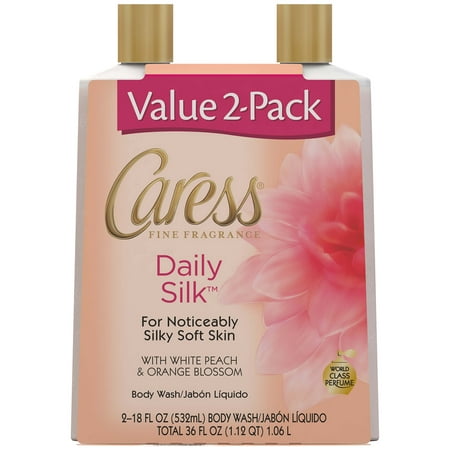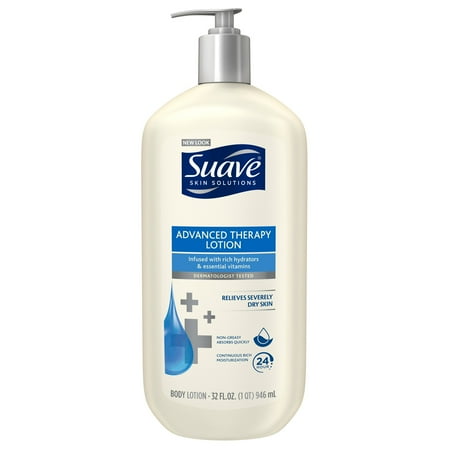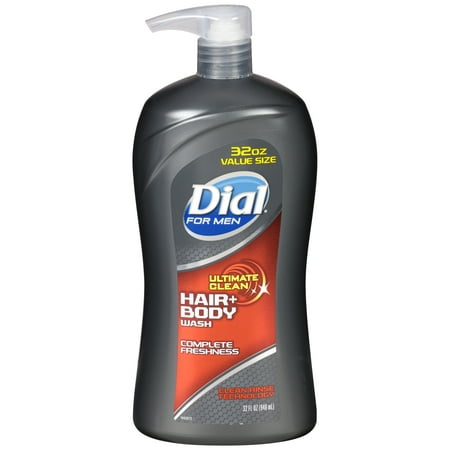Olay Rinse-off Body Conditioner with Vitamin E, 8 fl oz
You condition your hair, why not your skin? Olay Rinse-off Body Conditioner works to stop dry skin before it starts, and before you even get out of the shower. Flaunt healthy-looking, gorgeous skin all day long with this skin-quenching, in-shower body conditioner. It’s infused with the good stuff, like Vitamin E and Vitamin B3 Complex, so you won’t need to apply moisturizer out of the shower – unless you want to. Shower yourself in Olay’s 60 years of skin science to visibly transform your skin in just 2 weeks.








CONDITION THE SKIN YOU’RE IN: Stop dry skin in its tracks with this whole-body moisturizing conditionerIN-SHOWER INTENSE MOISTURE: Massage this creamy skin conditioner all over after cleansing, then rinse it off before hopping out of the shower and patting dryLASTING HYDRATION: Formulated with Vitamin E, our concentrated moisturizer gives you moisturized skin you can see and feel through the dayOLAY EXPERTISE: Backed by 60 years of beauty science“B” IS FOR BEAUTIFUL: Now formulated with Olay’s Vitamin B3 Complex skin care ingredient to help transform your skin





Reviews
There are no reviews yet.